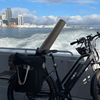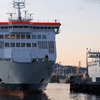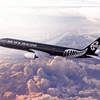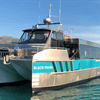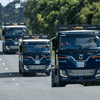Wealthy Kiwis driving up transport emissions
13 Jun 2024
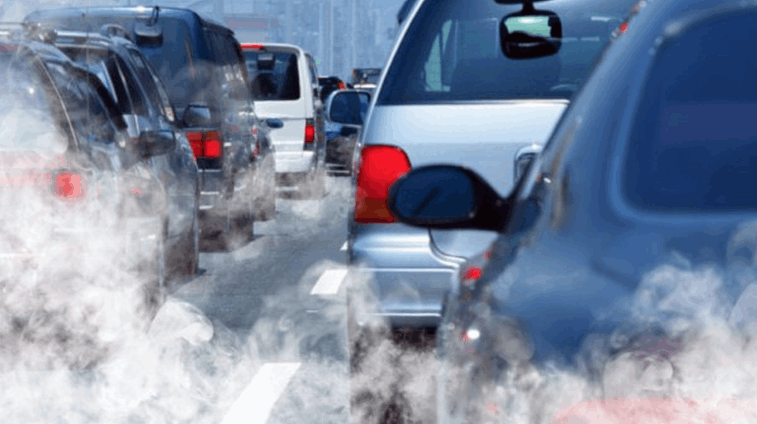

Cashed-up Kiwis are pumping out more than their fair share of transport emissions, driving more frequently and over longer distances, according to new research.
The study of New Zealanders’ travel habits found total weekly travel emissions were 79% higher for people in affluent areas compared to those living in lower socio-economic areas.
The researchers analysed data from the New Zealand Household Travel Survey between 2015 and 2018, looking at the day-to-day travel patterns of 9,861 Kiwis over a period of a week. The information was compiled from diaries kept by participants and data from GPS devices.
The research, published in the international journal, Travel Behaviour and Society, is thought to be the first population-based study examining area-based social inequities in household travel in Aotearoa.
Lead researcher Associate Professor Caroline Shaw from the Department of Public Health at the University of Otago, Wellington, says people from the most affluent areas were nine per cent more likely to have travelled by motor vehicle and 20% more likely to have walked to a destination in the week before being surveyed than those living in the lowest socio-economic neighbourhoods.
“As well as differences in the use of specific types of travel there were differences in distance travelled. People living in the most affluent areas travelled on average 120 km or 72% further each week than those who lived in the most deprived areas. The extra kilometres were clocked up mostly in motor vehicles (97 km), and from flying (20 km).
“Over a year this translated into an additional 6,266 km of travel (the majority from private vehicles), and 1.4 tonnes of travel-related greenhouse gas emissions by each adult who lived in the most affluent neighbourhoods, compared to those living in the most deprived areas.”
Associate Professor Shaw says people living in affluent areas were more likely to own a car and also owned more cars on average, with the study finding 74% of those living in the most affluent neighbourhoods owned two or more cars compared to 48% in the most deprived areas.
The more affluent travelled more for all purposes, including for paid work, unpaid work and leisure.
About one in 40 (2.4%) of those in the wealthiest neighbourhoods reported taking a plane trip in the last week, compared to 0.1% of those living in the most deprived areas. That is, people from the most affluent areas were 24 times more likely to have flown in the survey week compared to those living in the lowest socio economic neighbourhoods.
Emissions from domestic air travel were the second largest source of greenhouse gas emissions for the well off, representing 10% of their mean weekly emissions.
Overall, the top 20% of people with the highest household travel greenhouse gas emissions were responsible for around 55% of the total household travel weekly emissions. The bottom 60% of people (those with the lowest emissions) were responsible for only 20% of these emissions.
Shaw says the study highlights the lack of fairness in New Zealand’s transport system.
“The more affluent are privileged by policies which promote car dependence. They drive further each week, they own more cars, and they spend more time travelling - mostly in their cars. Policies which promote road building are disproportionately benefiting them.
“However, this carbon intensive lifestyle is unlikely to be improving their wellbeing. The wealthiest Kiwis spent almost three more working weeks (104 hours) in their cars annually compared to the least affluent.
“It’s clear our transport system is not working very well for anyone.”
Associate Professor Shaw says New Zealand needs to move away from car dependency, and create cities and towns where people do not have to own vehicles to participate in society.
“This means going hard on policies and infrastructure to support other modes of transport, including public transport, walking and cycling, as well as increasing our housing density. At the same time, we also need policies to discourage transport greenhouse gas emissions by the highest emitters.”
She says making the transport system fairer would help bolster public support for climate policies as New Zealand works towards its goal of achieving net zero greenhouse gas emissions by 2050.
“Building an understanding of social inequities in transport emissions will help in developing more effective policies to support New Zealand’s journey towards a low carbon transport system.
“These could include measures like making parking more expensive for heavier vehicles, such as has recently been introduced in Paris, imposing levies on frequent flyers, and putting constraints on air travel advertising.”
Story copyright © Carbon News 2024



